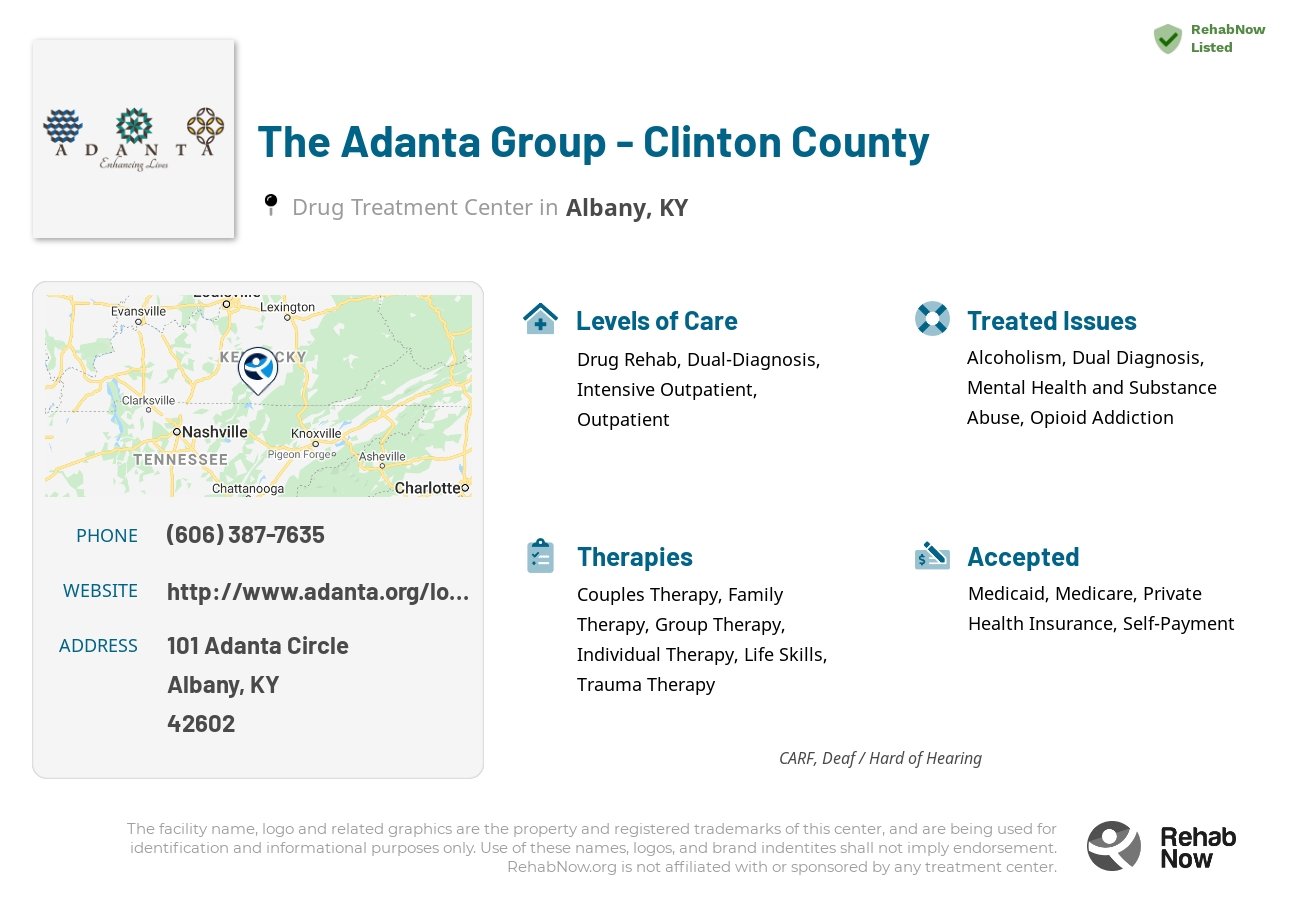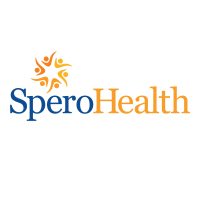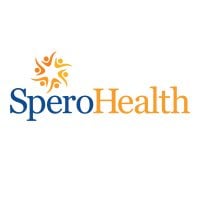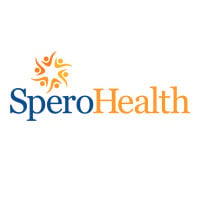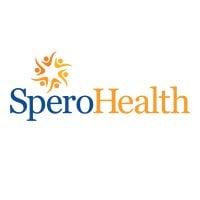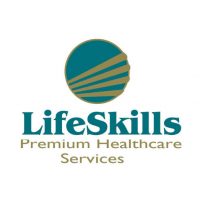The Adanta Group - Clinton County
Drug Rehab Center in Albany, Kentucky
The Adanta Group in Albany, Kentucky offers a range of evidence-based therapies and treatments, along with support services, to assist individuals and families in addressing addiction and substance abuse issues in a compassionate and individualized manner.
About The Adanta Group - Clinton County in Kentucky
The Adanta Group - Clinton County, located in Albany, Kentucky, is an addiction treatment facility that has been providing comprehensive care since its founding in 1967. As a part of The Adanta Group network, this facility is dedicated to helping individuals suffering from alcoholism, drug addiction, opioid addiction, dual diagnosis, and mental health issues. The center offers various levels of care including drug rehab, dual-diagnosis treatment, intensive outpatient programs, outpatient services, and aftercare support. Accredited by CARF, The Adanta Group - Clinton County ensures that their programs and services meet the highest standards of quality and effectiveness. With a commitment to providing personalized and evidence-based care, this facility aims to empower individuals on their journey to recovery.
The Adanta Group - Clinton County offers a wide range of services to address the complex needs of individuals struggling with addiction and substance abuse. Their drug rehab programs provide a structured and supportive environment where clients can detox and receive comprehensive treatment. Furthermore, their dual-diagnosis services focus on treating both substance use disorders and co-occurring mental health conditions simultaneously. Through intensive outpatient programs, clients can receive intensive therapy and counseling while maintaining their normal daily routines. The facility also offers outpatient services for those who require ongoing support and treatment. Additionally, The Adanta Group - Clinton County provides aftercare support to ensure individuals have continued assistance and resources as they transition back into their communities. With a commitment to holistic care, this facility strives to address the physical, psychological, and emotional aspects of addiction to promote lasting recovery and well-being.
Genders
Ages
Modality
Additional
Accreditations

CARF
The Commission on Accreditation of Rehabilitation Facilities (CARF) is a non-profit organization that specifically accredits rehab organizations. Founded in 1966, CARF's, mission is to help service providers like rehab facilities maintain high standards of care.
Conditions and Issues Treated
Opioid addiction has become a significant health problem in the United States. When a person’s life becomes unmanageable because of an opioid addiction, treatment can help them get sober. Treatment includes medical care and counseling.
“With so many people struggling with opioid addiction, we need more care and attention for those who want to quit. Opioid addicts often take opioids when they experience a painful injury – that’s how the cycle starts! When someone begins taking their medication differently than prescribed or takes an excessive amount of drugs, it means they’re hooked on drugs and in danger of overdosing.
The most successful way to beat this is through detoxing from these types treatments at The Adanta Group - Clinton County in . Most facilities start by using medical support during the process while providing counseling services; rehabilitation comes later on after treatment has been completed successfully.
A “dual diagnosis” is when the individual has two medical issues at the same time. The top co-occurring mental disorders with addiction are depression, anxiety, ADHD, bi-polar disorder. Addiction is also considered a mental illness that is not a choice but rather a medical condition. Addiction can be caused by any number of underlying issues.
Dual diagnosis is provided by The Adanta Group - Clinton County to treat addictive tendencies as well as any untreated mental illnesses. This ensures successful long term health and recovery for patients after treatment has been completed.
Dual diagnosis is provided by The Adanta Group - Clinton County to treat addictive tendencies as well as any untreated mental illnesses for people in Kentucky. This ensures successful long term health and recovery for patients after treatment has been completed.Levels of Care Offered
This center offers a variety of custom treatment tailored to individual recovery. Currently available are Drug Rehab, Dual-Diagnosis, Intensive Outpatient, Outpatient, with additional therapies available as listed below.
Outpatient addiction treatment is beneficial for people who are able to function well in their day-to-day lives. It is recommended for people who are not yet ready to end their relationships with friends or family members who might be encouraging drug and alcohol use.
Intensive outpatient treatment is beneficial for:
- People who are able to attend treatment more than 3 times per week.
- People who do not meet the criteria for inpatient treatment.
- People who are able to contribute to their own recovery outside of the treatment center.
- People who are motivated towards recovery.
- People who are able to overcome addiction on their own without the need for higher levels of care.
Outpatient programs at The Adanta Group - Clinton County, the Albany resident can live with their family while continuing with their job or studies. Treatment includes educating the patient on drug abuse, medications, and counseling sessions at the individual or group level. Outpatient treatment plans cover diagnosis, detoxification, management, and counseling. They are a popular option for those who have graduated from inpatient facilities.
Therapies & Programs
Individual therapy is a form of counseling where you meet with a trained professional one-on-one. Meeting with a therapist in this setting allows for a personal and trusting relationship to be built. This allows the patient to open up about sensitive or private issues they may not feel comfortable discussing in a group. Individual therapy helps identify the root causes of your addiction, which can help prevent relapse.
Couples therapy for drug addiction is a unique form of therapy that allows family members to work through the emotional issues of their loved one’s addiction together. Family members can support each other while learning how to cope with the addiction and encourage healthy changes. The two will work with a therapist to learn how the addiction affects themselves and the relationship.
Family therapy is often done alongside drug treatment to help addicts stay sober. The goal of family therapy for drug addiction is to create an environment where communication can happen without judgment, hostility, or blame. The therapist will sit with the family so they can learn how to communicate differently and provide new tools for dealing with emotions so that people don’t want to drink or do drugs. It’s important for families to focus on relapse prevention plans during treatment so that if the addict feels like they want to use again, they’ll know what steps they need to take together to prevent it from happening again in the future.
Group therapy sessions are another common addiction recovery service. These group sessions typically involve six to 12 addicts who meet regularly with a trained professional for support and guidance.
During these sessions, the group shares their experiences with one another and provides feedback that can help each member avoid relapse or overcome specific obstacles they are facing in their recovery process. With this type of support and guidance, addicts can feel like they are part of a community that understands their struggles and will help them get through the hard times.
Many people struggling with drug addiction have experienced some form of trauma in their lives. It is crucial that these individuals seek out professional help; otherwise, their drug abuse and addiction will likely continue.
Therapists and counselors at drug treatment centers employ several treatment programs to help people struggling with drug addiction, including trauma therapy. Trauma therapy helps people dealing with addiction by allowing them to confront the traumas of their past and move past them.
It is important to note that trauma therapy should not be confused with PTSD (post-traumatic stress disorder). Rather, it is used to treat the effects of trauma, which are often at the root of addiction.
Cognitive Behavioral Therapy (CBT) focuses on the underlying thoughts and behaviors that caused the problem of addiction in the first place and may cause a relapse. Negative feelings are common in drug abuse disorders, but they can lead to co-occurring disorders if not recognized. CBT involves strategies that help to change the behavior pattern by restructuring negative thoughts into positive ones. It helps to remove these feelings, and it provides long-term benefits. Also, CBT promotes self-awareness and self-control. It can be administered as a monotherapy or as part of combination therapy.
CBT can improve the patient’s mood, reduce drug cravings and boost success rates on treatment plans. Regular practice can help individuals handle negative attitudes, thoughts, and feelings without turning to drugs or alcohol. The core belief of Cognitive Behavioral Therapy (CBT) is that one’s moods, behaviors, and actions are all connected. Individuals can improve their quality of life using CBT. It helps addicts understand the patterns of thought and feelings that cause them to use drugs or alcohol and develop a healthy response.
It’s not as simple as quitting drinking or using drugs and expecting the hard part to be over. Many addicts in recovery have discovered that they need to improve skills such as time management, organization, communication, socialization, and self-esteem. Learning certain life skills can help those who are struggling with addiction.
Payment Options Accepted
For specific insurance or payment methods please contact us.
Is your insurance accepted?
Ask an expert, call (888) 674-0062
The Adanta Group Associated Centers
Discover treatment facilities under the same provider.
- The Adanta Group - Pulaski County in Somerset, KY
- The Adanta Group - Green County in Greensburg, KY
- The Adanta Group - Russell County in Jamestown, KY
- The Adanta Group - Adair County Clinic in Columbia, KY
- The Adanta Group - Pulaski Clinic in Somerset, KY
Learn More About The Adanta Group Centers
Additional Details
Specifics, location, and helpful extra information.
Albany, Kentucky 42602 Phone Number(606) 387-7635 Meta DetailsUpdated November 25, 2023
Staff Verified
The Adanta Group - Clinton County Patient Reviews
There are no reviews yet. Be the first one to write one.
Albany, Kentucky Addiction Information
Kentucky ranks among the top ten states for opioid-related overdoses. Most of these are due to heroin, fentanyl, and prescription opioid use. A little over 11% of the Kentucky population abuses alcohol in a given year. More than 15% of Kentucky adults admit to participating in binge drinking every month.
Treatment in Nearby Cities
- Lancaster, KY (66.6 mi.)
- Stanton, KY (102.1 mi.)
- Bellevue, KY (166.3 mi.)
- Owensboro, KY (130.9 mi.)
- Lawrenceburg, KY (89.6 mi.)
Centers near The Adanta Group - Clinton County
The facility name, logo and brand are the property and registered trademarks of The Adanta Group - Clinton County, and are being used for identification and informational purposes only. Use of these names, logos and brands shall not imply endorsement. RehabNow.org is not affiliated with or sponsored by The Adanta Group - Clinton County.



